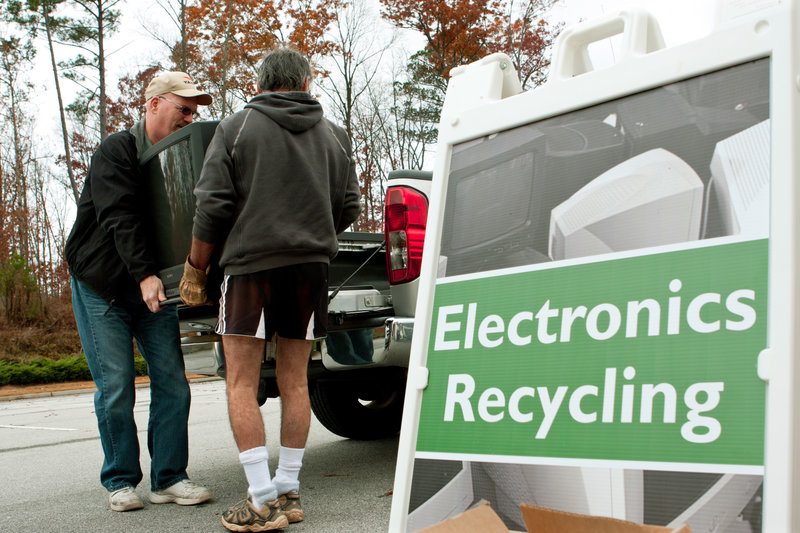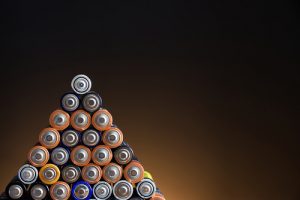 Last year, lawmakers failed to pass legislation reforming Pennsylvania’s electronics recycling program. With the introduction of a bipartisan bill this year, some of them want to take another go at it.
Last year, lawmakers failed to pass legislation reforming Pennsylvania’s electronics recycling program. With the introduction of a bipartisan bill this year, some of them want to take another go at it.

 Last year, lawmakers failed to pass legislation reforming Pennsylvania’s electronics recycling program. With the introduction of a bipartisan bill this year, some of them want to take another go at it.
Last year, lawmakers failed to pass legislation reforming Pennsylvania’s electronics recycling program. With the introduction of a bipartisan bill this year, some of them want to take another go at it.
 Updates to the R2 standard continue to be developed, and a large e-scrap processing facility is under construction in South Australia.
Updates to the R2 standard continue to be developed, and a large e-scrap processing facility is under construction in South Australia.
 Washington’s e-scrap collection numbers are down again. In the first six months of 2016, the state program took in less than 90 percent of the weight collected during the same period a year ago.
Washington’s e-scrap collection numbers are down again. In the first six months of 2016, the state program took in less than 90 percent of the weight collected during the same period a year ago.
 Residents fear a local government e-scrap collection program will harm charities, and recycling professionals describe the routes they took into the industry.
Residents fear a local government e-scrap collection program will harm charities, and recycling professionals describe the routes they took into the industry.
 One city refuses to reinstate its electronics recycling program despite residents’ frustration, and remote Alaska receives attention for e-scrap cleanups.
One city refuses to reinstate its electronics recycling program despite residents’ frustration, and remote Alaska receives attention for e-scrap cleanups.
Apple recovered around 61 million pounds of e-scrap in 2015, according to the company. Continue Reading
![]() Whether it’s a deal on data destruction or an opportunity for extra education, multiple organizations are taking full advantage of the attention Earth Day brings to the recycling world. First celebrated in 1970, Earth Day will be held this Saturday, although some groups are recognizing all of April as “Earth Month.”
Whether it’s a deal on data destruction or an opportunity for extra education, multiple organizations are taking full advantage of the attention Earth Day brings to the recycling world. First celebrated in 1970, Earth Day will be held this Saturday, although some groups are recognizing all of April as “Earth Month.”
 Millions of electronics sit unused in Wisconsin homes, according to a report from the state’s e-scrap program, and awareness of recycling options is growing. Continue Reading
Millions of electronics sit unused in Wisconsin homes, according to a report from the state’s e-scrap program, and awareness of recycling options is growing. Continue Reading
 An e-scrap group that advocates for exports of used electronics has detailed a new mechanism for funding e-scrap collection in an area of the world that has long been perceived as a materials dumping ground.
An e-scrap group that advocates for exports of used electronics has detailed a new mechanism for funding e-scrap collection in an area of the world that has long been perceived as a materials dumping ground.
 For the 21st consecutive year, Call2Recycle set a new record in its battery and cellphone collection volume last year. But 2016 also marked an important year, because much of the growth was in collection of single-use batteries.
For the 21st consecutive year, Call2Recycle set a new record in its battery and cellphone collection volume last year. But 2016 also marked an important year, because much of the growth was in collection of single-use batteries.
